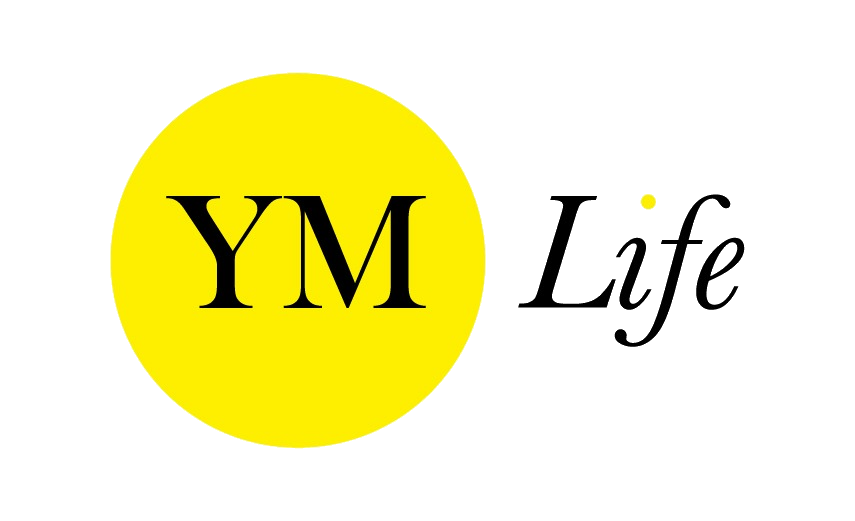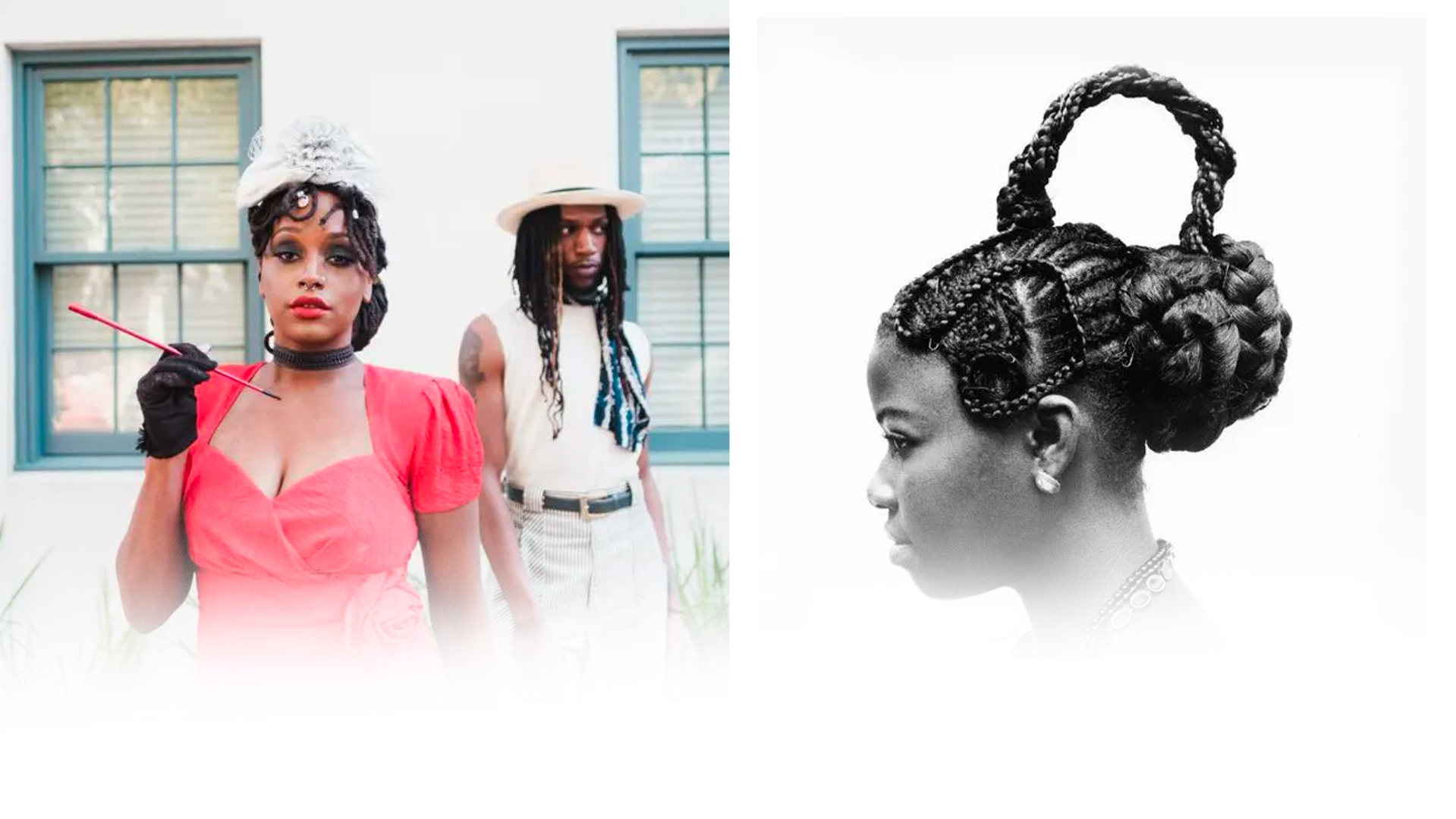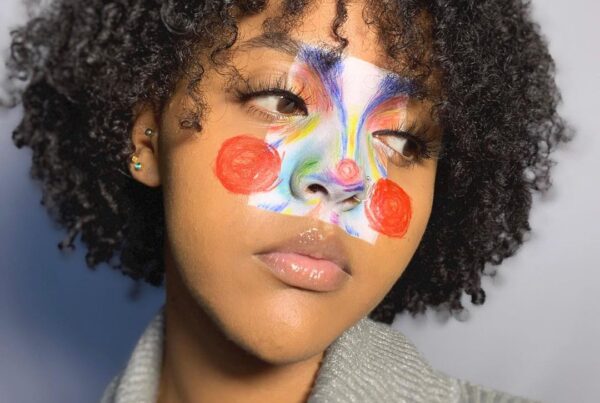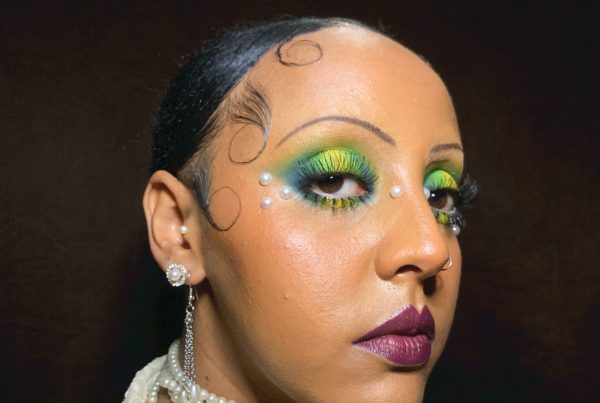Afropunk is inherently rebellious and unapologetically BLACK in its demographic.
What makes movements like these important is that they redistribute power back into the hands of those who’ve been powerless for so long. Black women, queer black folk and differently-abled black people are but a few of the groups finally able to access spaces where they can express themselves freely and be heard. Especially those of us in Africa.
Many sub-cultures like punk, goth, Tumblr, etc. are inherently exclusive to white people. I know… how shocking?!? Though the recent renaissance in African creativity has shown us how we’re subverting this idea; what I like to call the blackification of sub-cultures. Africans are challenging the status quo and establishing a new base of creative subject matter where we get to show and see ourselves represented in global social and cultural conversations.
While core values, cultures and
experiences differ across Africa,
globalization has allowed the exchange and adoption of trends to happen much quicker. From intricate and expressive hairstyles to loud and colourful makeup looks,
Afropunk has allowed marginalized groups to use beauty as a way of self-expression, to participate in a global economy and reclaim lost power.
Beauty is being used as a way to
deconstruct toxic ideas of African peoples’
participation in the global beauty arena.
It’s no secret that black women and black queer men are at the forefront of some of the world’s biggest trends. It’s time to give them their flowers.
The outcome of our involvement has been nothing short of breathtaking. I still recall when the only Kenyan beauty brands out there were Suzie Beauty and Huddah Cosmetics but now? I can barely keep up with the ever-growing options. In some cases, these brands have even gone as far as taking over the beauty world of the West. Take Uoma Beauty, it was started by Sharon Chuter, a Nigerian, and quickly became a cult favourite while blasting open a conversation about black women in beauty.
Sharon also founded the #PullUpOrShutUp to pressure brands into being transparent about the number of people of color they employ in their businesses. If you buy a lot of makeup from Western distributors you can see those who prioritise women of color in their offices and board rooms not only for their pockets.
We’re also able to expand the catalogue of what we look like in different creative outlets. Over the last few years, cosplay has grown throughout Africa, especially in South Africa– where they compete internationally. We even have our very own Naicon! The best part? This community is open to people of all ages, ethnicity, shapes and sizes. As they all should, if you ask me.
Beauty is more than just
conventional makeup trends.
It’s the way we choose to express ourselves and alter our very reality. It’s both humbling and empowering. As we continue to partake in already existing cultures, we’re also nurturing our very own sub-cultures. A personal fave?
The Afrometal subculture of Botswana where African culture and metal rock music have given birth to a unique expression in fashion and beauty trends.













